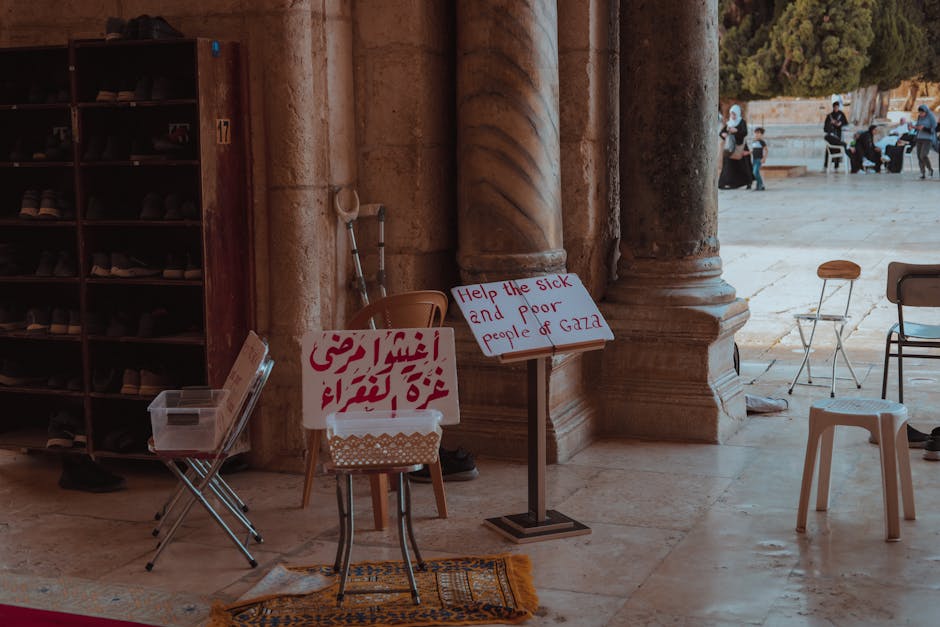A fragile ceasefire may be holding, but a devastating humanitarian catastrophe is unfolding in Gaza as essential aid is blocked from entering the besieged territory. The United Nations has issued an urgent warning that the situation is becoming critical for the vast majority of the population.
UN Sounds the Alarm: 1.5 Million in Dire Need
In a stark assessment, the UN Office for the Coordination of Humanitarian Affairs (OCHA) stated that 1.5 million people in Gaza—over two-thirds of the population—are in immediate need of humanitarian assistance. Following weeks of intense conflict, supplies of clean water, food, medicine, and fuel are dwindling to dangerously low levels.
The ceasefire, brokered by Egypt and Qatar, was intended to end the violence and, crucially, open a corridor for life-saving aid. However, that vital lifeline has been choked off at the border.
Border Crossings Blocked Despite Truce
Despite the cessation of hostilities, Israeli authorities are maintaining a near-total blockade on Gaza‘s primary entry points, drawing sharp criticism from international aid agencies.
Sources on the ground confirm the Kerem Shalom crossing, the main commercial and humanitarian artery into the Strip, remains largely sealed. Convoys carrying medical supplies, emergency shelter materials, and food are backed up for kilometres, awaiting permission to enter. While the Rafah crossing with Egypt is partially open for medical evacuations, it is not equipped to handle the immense volume of aid required to avert a full-scale disaster.
Israel Cites Security Concerns
Israeli defence officials have reiterated that the blockade is rooted in persistent security concerns. The official position is that a full reopening requires robust mechanisms to prevent aid from being diverted by Hamas and to ensure no dual-use materials that could serve military purposes enter Gaza.
“We are committed to the humanitarian needs of the Gazan people,” an IDF spokesperson stated, “but we will not compromise on the security of Israeli citizens.”
“A Race Against Time” for Aid Agencies
For humanitarian workers, this justification rings hollow in the face of immense and immediate suffering.
“A ceasefire without a humanitarian corridor is a half-measure that saves people from bombs only to condemn them to hunger and disease,” a senior UNRWA official said in a heated briefing. “We are in a race against time. Hospitals are running on fumes, bakeries have no flour, and clean water is becoming a luxury. This is a collective punishment of a trapped population.”
The international community’s goodwill is hitting a literal wall, undermining the diplomatic victory of the ceasefire with a logistical and political deadlock. Inside Gaza, families are returning to rubble, displaced civilians face disease outbreaks in overcrowded shelters, and doctors are operating with dwindling supplies.
For the 1.5 million people in Gaza, the silence of the guns has been replaced by a new battle for basic survival fought at a closed border gate.




